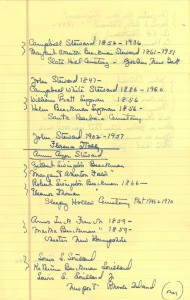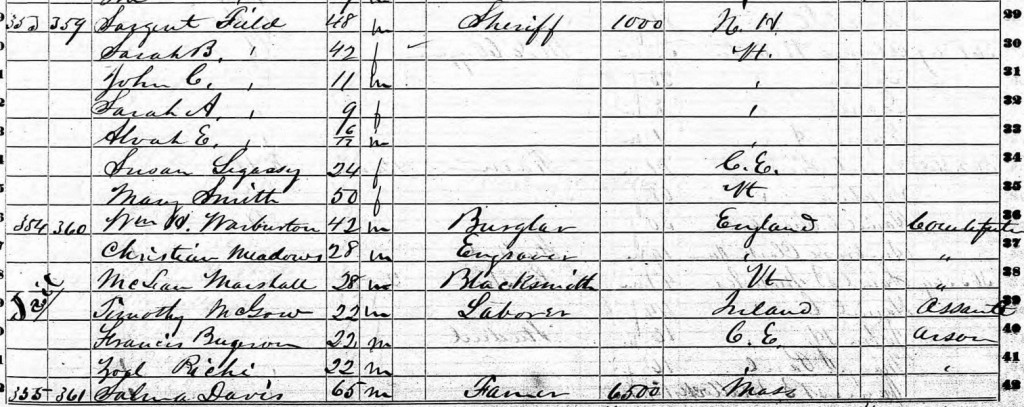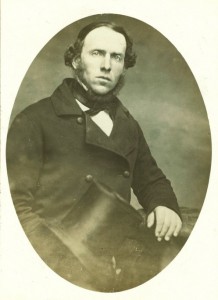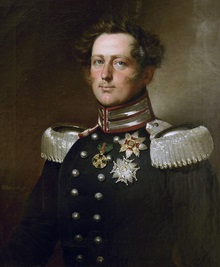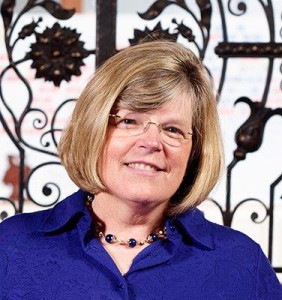 When writing your family history, it’s important to decide what to omit. This almost sounds like perverse advice, doesn’t it? And yet, when I read a recent New Yorker article on that topic by John McPhee,[1] I realized that omission is an essential part of the process of all writing: whether it’s a letter, a memo, an essay . . . or a family history.
When writing your family history, it’s important to decide what to omit. This almost sounds like perverse advice, doesn’t it? And yet, when I read a recent New Yorker article on that topic by John McPhee,[1] I realized that omission is an essential part of the process of all writing: whether it’s a letter, a memo, an essay . . . or a family history.
McPhee describes the process of writing as selection. You begin, he says, by choosing “one word and only one from more than a million in the language,” and then you choose the next. Continue reading Writing family history from A to Z
